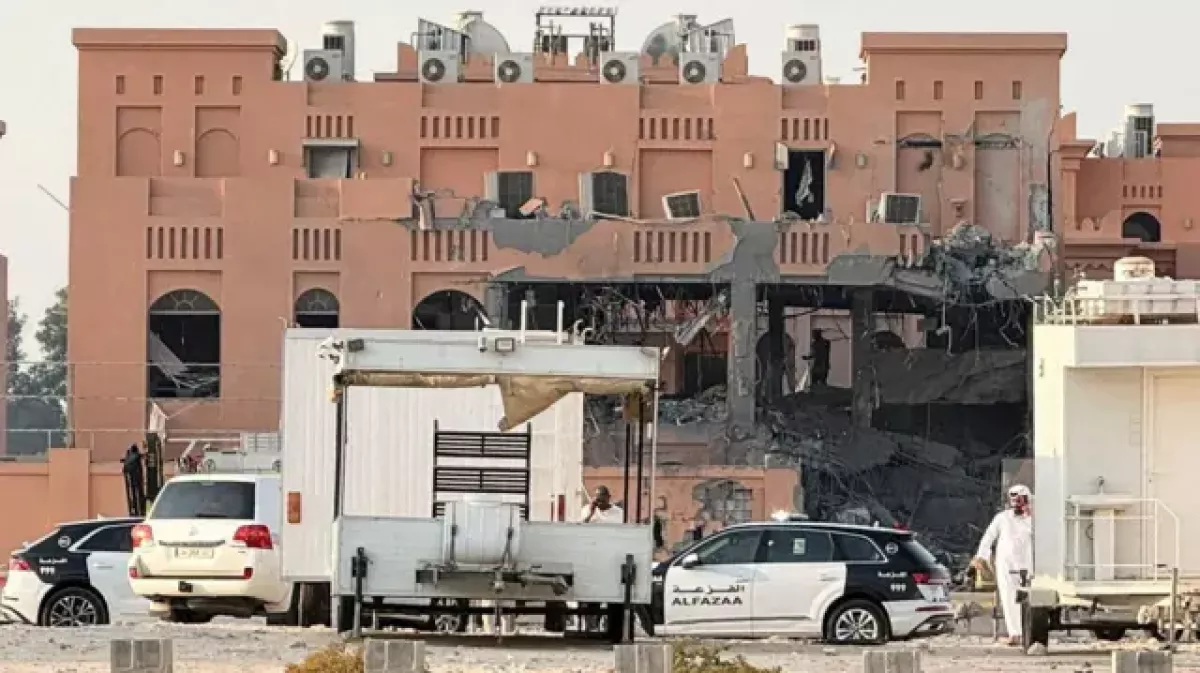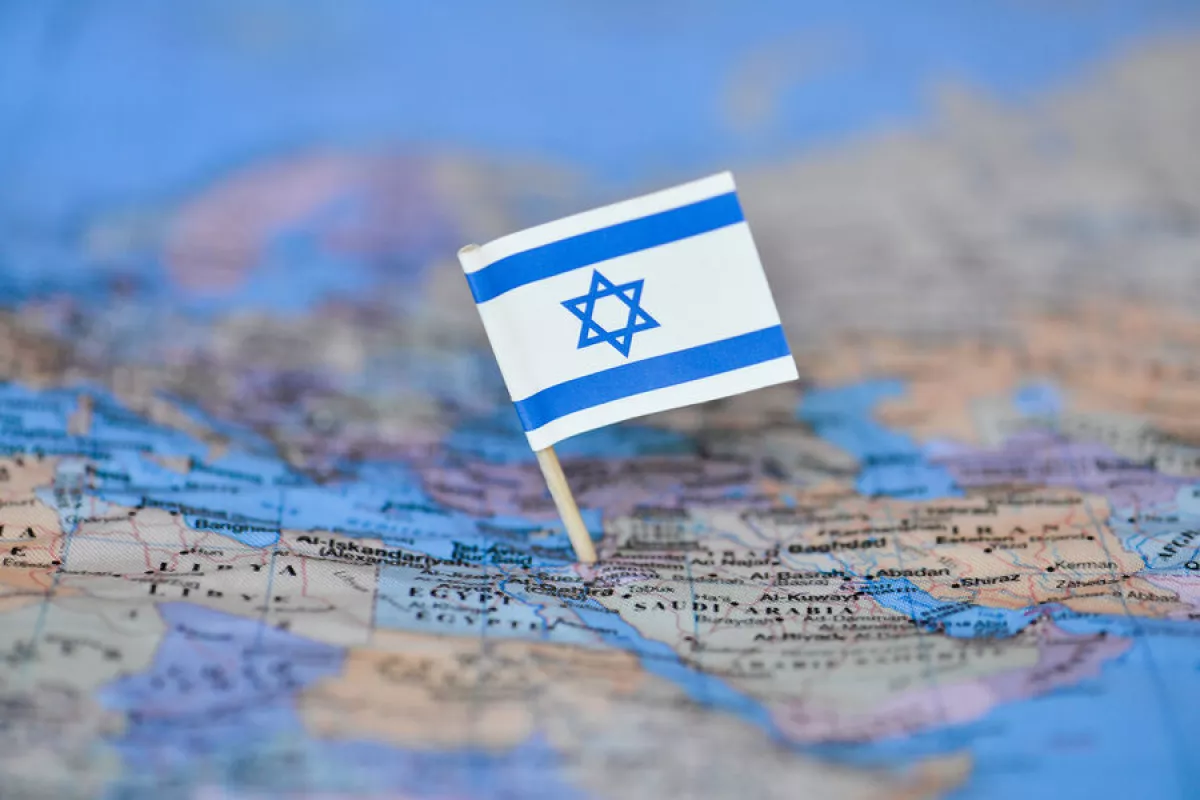New patterns on an old carpet Israel’s attack on Qatar and international relations
Israel’s airstrike on Qatari territory aimed at eliminating the leadership of Hamas remains at the centre of the global agenda. Tel Aviv’s military motives are clear – in the face of Hamas leadership’s intransigence, which resides in Qatar, Israel seeks to eliminate it and thereby create a new reality favourable to itself, localising negotiations to the level of the factions fighting in Gaza, and leaving only Egypt as a mediator, which is itself combating the Muslim Brotherhood and is unlikely to show undue favouritism toward them.
However, this attack raises a number of questions in the context of international security. Notably, Israel’s strikes on Qatar were condemned by several countries, including Türkiye, Saudi Arabia, the UAE, the United Kingdom, Brazil, China, and the EU. Meanwhile, Azerbaijan expressed support for Qatar’s sovereignty and territorial integrity. In a statement by the Azerbaijani Ministry of Foreign Affairs, it was said: "We are deeply concerned by today’s attack against Qatar that risks further aggravating regional tensions. We support the sovereignty and territorial integrity of Qatar, and call on to prioritize diplomatic efforts, in order to safeguard stability in the region."
Notably, the Jewish state has previously carried out similar strikes on targets in Lebanon, Syria, Iraq, Yemen, and Iran. But is the situation with Qatar any different? Overall, not really—it is not fundamentally different, and many countries have condemned Israel for some of these operations. However, in certain key details, the situation does differ.

The point is that, unlike Iran and Lebanon, no physical attacks on Israel have originated from Qatari territory. Moreover, Qatar served as a negotiation platform for almost two years during Israel’s war with Hamas, through which Tel Aviv was able to secure the release of a significant number of its hostages. And now Israel has struck this country.
Qatar’s international standing has been severely affected. The country does not possess the military capacity to respond adequately and will most likely react by increasing funding for anti-Israel propaganda. However, it can be assumed that these actions will not change the situation on the ground.
Much now depends on how other Gulf monarchies and the broader Islamic world respond to the attack on Qatar and Israel’s growing assertiveness. The Arab monarchies of the Gulf are hostile toward Hamas and wary of Qatar itself. One can recall the 2017–2021 Qatari crisis, when the Arab League imposed a boycott on the emirate due to its support for certain radical groups, particularly the Muslim Brotherhood.

Nevertheless, it is safe to assume that neither Riyadh nor Abu Dhabi are pleased with Israel’s operation in Doha, because this is not so much about curbing Qatar as it is about Israel’s sense of impunity. Tomorrow, this impunity could lead to targets in other wealthy Arab countries. No matter how deep the divisions among the Gulf monarchies, at a deeper mental level their stance toward Israel forms a unified front as a club of ultra-wealthy states, and a strike on one of them is perceived as a strike on all. This will likely stall the Abraham Accords and, in the longer term, could lead to a reconfiguration of the Gulf monarchies’ positions regarding the Jewish state. Israel could not have failed to understand this—and yet it took the step anyway.
Meanwhile, the depth of changes in international politics is unprecedented, leading to a gradual reassessment of foreign policy values both in the Middle East and globally. The real Pandora’s box was opened by Russia, when it annexed Crimea in 2014 and in 2022 declared four more Ukrainian regions as Russian territory. Yes, the United States has also conducted military operations on foreign soil, but these did not alter the borders of other states in its favour. In 2014 (and again in 2022), for the first time since 1945, a major world power declared part of another country’s territory as its own.
Following Moscow’s actions, Trump even discusses the possibility of annexing Canada and Greenland to the U.S., and restores the old name of the Defence Department: the Department of War. Israel, in turn, positions itself as a country that, together with the United States, will shape a new world order—at least in the Middle East.

However, every action provokes a reaction. It appears that global polarisation will intensify, and the Arab monarchies may increasingly gravitate toward China, potentially even formalising military alliances.
These are merely radical scenarios of what may come. Reality, of course, is likely woven from hundreds of subtle shades. One thing is clear: the old Middle Eastern carpet is being stitched with new patterns, and we must discern their meaning.








